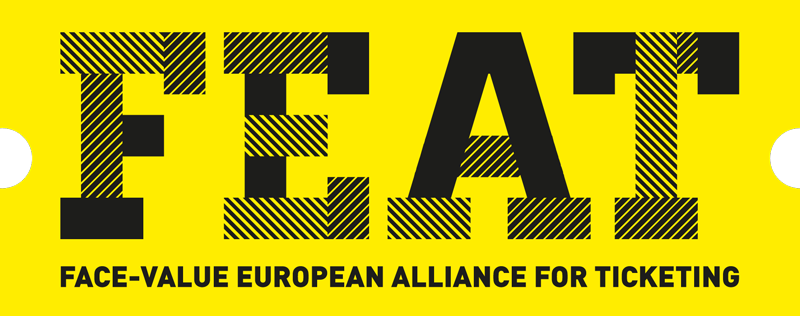The EU has reached a provisional political agreement on the Digital Services Act, a regulation designed to create a safer and fairer online environment, including over ticket resale abuses. After a marathon 16 hours of discussions between policy-makers, the text was agreed on Saturday 23rd April in Brussels.
The European Parliament and Council as well as negotiators suggest the Act contains a number of measures to ensure secondary ticketing marketplaces act responsibly. These are expected to include:
- Ticket scalpers will only be able to list tickets after providing essential information (“Know Your Business Customer” principle), which marketplaces must make efforts to verify
- Secondary marketplaces will also be obliged to conduct random checks for tickets sold illegally
- Measures designed to panic buyers, such as pop-ups claiming several people are viewing the same ticket, will be banned.
Reports suggest that while micro and small marketplaces will be exempt from verifying traders and conducting random checks, marketplaces that are medium-sized (employing between 50 – 250 people) for more than a year will have no such exemption. Search engines are understood to face new responsibilities too, but what these may involve is currently unclear.
FEAT has spent two years engaging with the EU over the DSA, using lobbying methods such as arranging an open letter with other concerned groups such as FanFair Alliance and Pearle* Live Performance Europe. The letter called on the DSA to compel online marketplaces to act responsibly and was signed by nearly 150 representatives across the industry, from ballet and pop to opera and comedy.
FEAT Director Sam Shemtob said, “We cautiously welcome news of measures to be placed on secondary ticketing marketplaces to clean up the Wild West in which they have operated so far. The devil will be in the detail, but we hope the new requirements for vetting traders and publishing basic information about the seller will enable fans and event organisers to make informed decisions.”
The text of the DSA is to be finalised at technical level, before being formally approved by European Parliament and Council. 20 days after its publication, the Act will come into force in the EU Official Journal. Big Tech firms will then have four months to prepare for the rules, while companies with fewer than 45 million users will have 15 months or until 1 January 2024, whichever is later.

